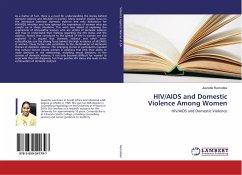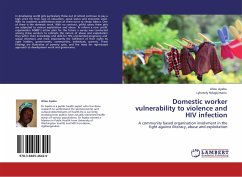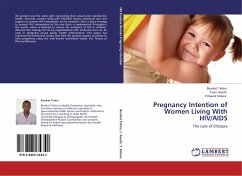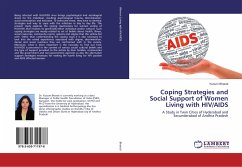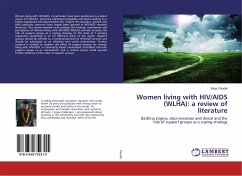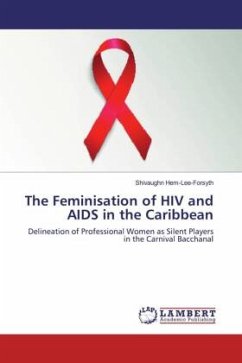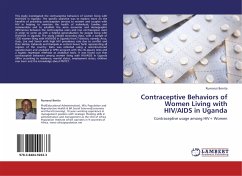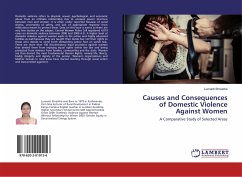As a matter of fact, there is a need for understanding the stories behind domestic violence and HIV/AIDS in women. Many research studies focus on the interaction between domestic violence and risky behaviours for HIV/AIDS infection and have ignored the experiences of women who are caught up in these situations. This work was aimed at exploring the experiences of HIV-positive women who are victims of domestic violence and tries to understand their feelings regarding the HIV status and the violence. Factors that contribute to the spread of HIV in women are also explored. It is argued that domestic violence and other socio-culturalfactors are the driving force behind the high incidence of HIV/AIDS in women. These factors also contribute to the continuation of dominant themes of domestic violence. The emerging stories of participants revealed that cultural factors situate women in positions that limit their ability to make decisions in the relationship, including sexual decisions. Inthe context of domestic violence, it not only becomes difficult for women to cope with their HIV diagnosis, but their positive HIV status also leads to the continuation of domestic violence.
Bitte wählen Sie Ihr Anliegen aus.
Rechnungen
Retourenschein anfordern
Bestellstatus
Storno

